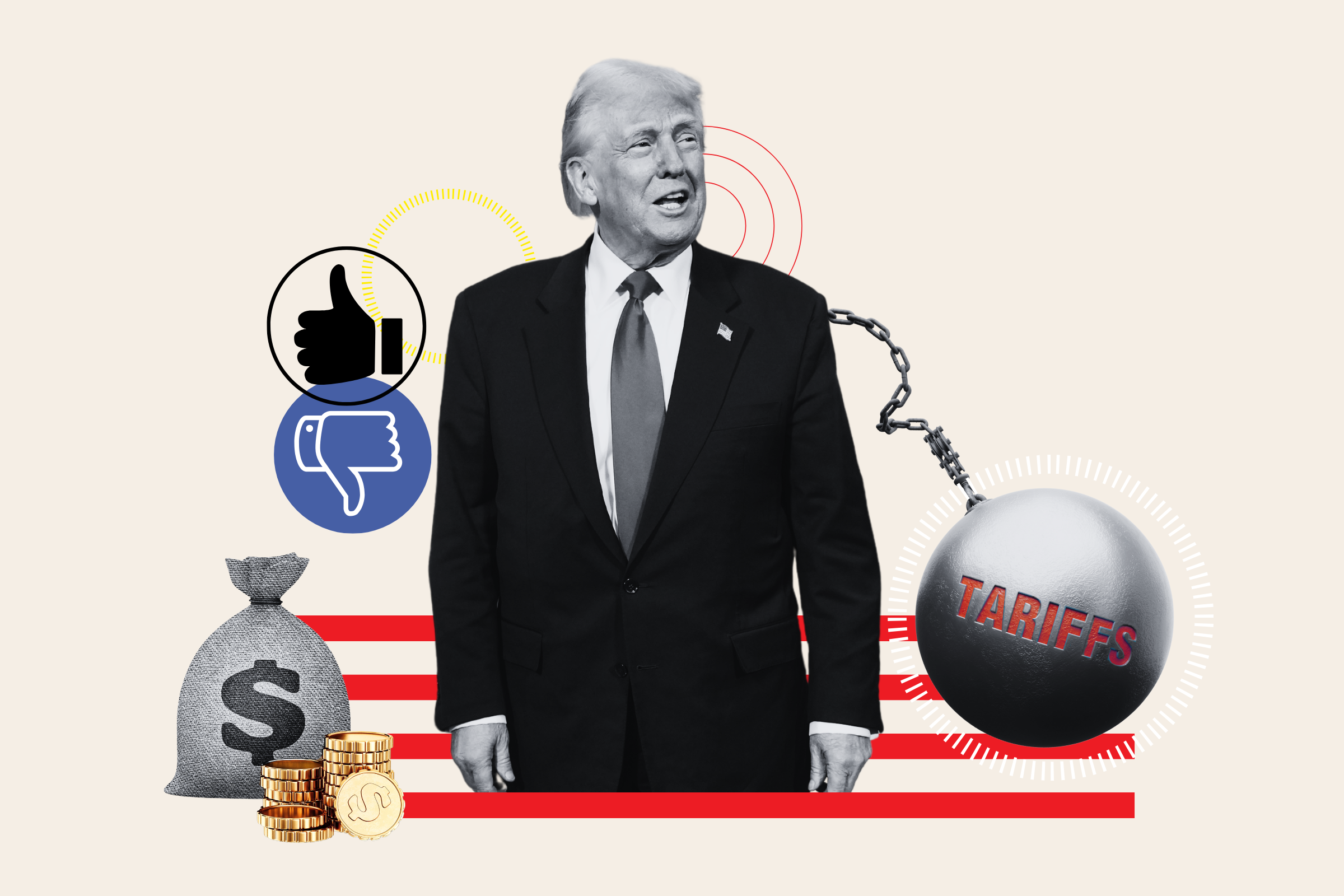Right there in the opening of the first chapter of Hillbilly Elegy, now Sen. J.D. Vance writes, "In Kentucky, I didn't have to pretend to be someone I wasn't...." Like a lot of Appalachians who read the memoir when it first came out, I recognized immediately that Vance's story relies heavily on reheated stereotypes.
Now, as he has been picked as the GOP vice presidential candidate, Vance himself appears to be nothing more than a mirage. He pretends to offer insight into Appalachian struggle. He pretends to be Appalachian. He pretended to be a Never Trumper who, now, pretends to be a MAGA zealot. Maybe, worst of all, he isn't pretending about that last bit.
In Hillbilly Elegy, the book that brought him attention, Vance rehashes right-wing tropes that blame the mountain poor for their own suffering. "We choose not to work when we should be looking for jobs," he writes. He fixates on melodramatic stories of drug addiction. He portrays the region as fallen, collapsed, purgatorial. But he never offers the long view of the region, which has always been marked by cultural and industrial exploitation. In fact, Vance simply uses the same stereotypes that have glommed onto Appalachians since the late 19th and early 20th centuries.

Appalachia is a region always drawn in caricature to serve the interests of people like Vance, who want to take something from the place. We all know the images: shotgun-toting, moonshining, cousin-kissers. Mean, degrading insults that cast Appalachians as less than everyone else, therefore deserving of swindle and scorn. And that's just the kind of thinking that enables Vance's success. He sells worn-out distortions of Appalachia that people are predisposed to believe, all to gain credibility as a voice of the "white working class."
Let's also be clear that Vance sold a lot of books to liberal-leaning America, who read the exaggerations of Hillbilly Elegy, absorbed the thin analysis, and decided Vance sounded insightful. In reality, he gave readers the stereotypes they already know. I worry—actually I'm pretty sure—Vance believes the exaggerations himself. He probably even believes spending summers in Kentucky while growing up in non-Appalachian suburban Cincinnati actually gives him the right to call himself Appalachian.
That's why so many people from the region reacted negatively to his memoir, and why many of us are ticked off at his victory in the veep-stakes. We've all seen this story play out, again and again. We've seen what it does to our main streets, our schools, and our lives. It's an extra kick that Vance sells the story of being one of us, stealing authority by pretending to be something he is not, and he does it to be part of a political movement that will make things worse for us. Goodbye unions. Goodbye environmental protection. Goodbye Occupational Safety and Health Administration (OSHA). Welcome back, poisoned streams and black lung and collapsing local economies.
Put another way: Vance's rapid ascension from Silicon Valley venture capitalist, to author, to senator, to VP candidate was built on the same exploitation of rural American stereotypes that has for centuries allowed monied elites to seize and maintain power in Appalachia. Whether used to justify cutting down the forests, or digging up the mountains, or fracking the rock for gas, or supporting a divisive politics of fear and exclusion, the stereotypes of Appalachia have long been a commodity to exploit.
Now, that naked exploitation fills out the GOP presidential ticket. Unless America starts recognizing the lie of rural stereotypes, it's doomed to continue electing people who measure rural America's value by how useful it is to their own ambition.
Matthew Ferrence is a professor of literature and creative writing at Allegheny College in Meadville, Pennsylvania and is the author of I Hate It Here, Please Vote for Me: Essays on Rural Political Decay (West Virginia University Press, August 2024).
The views expressed in this article are the writer's own.



